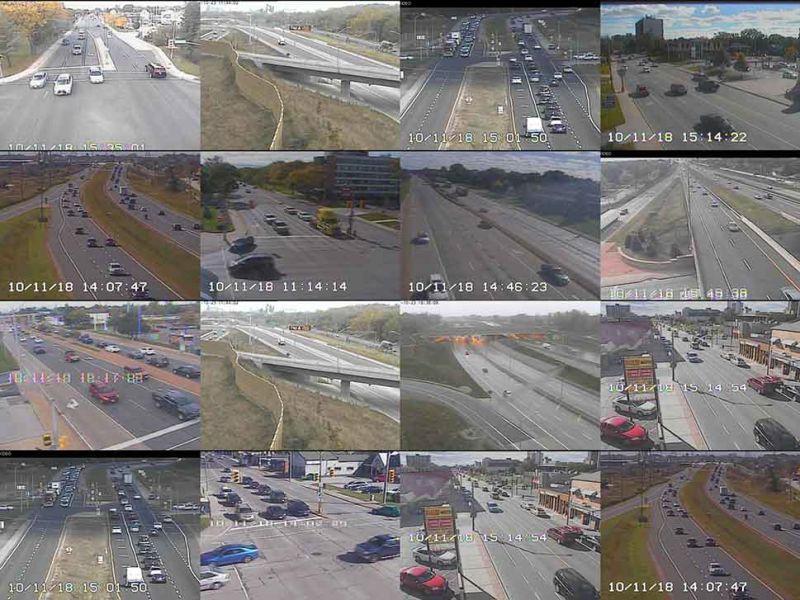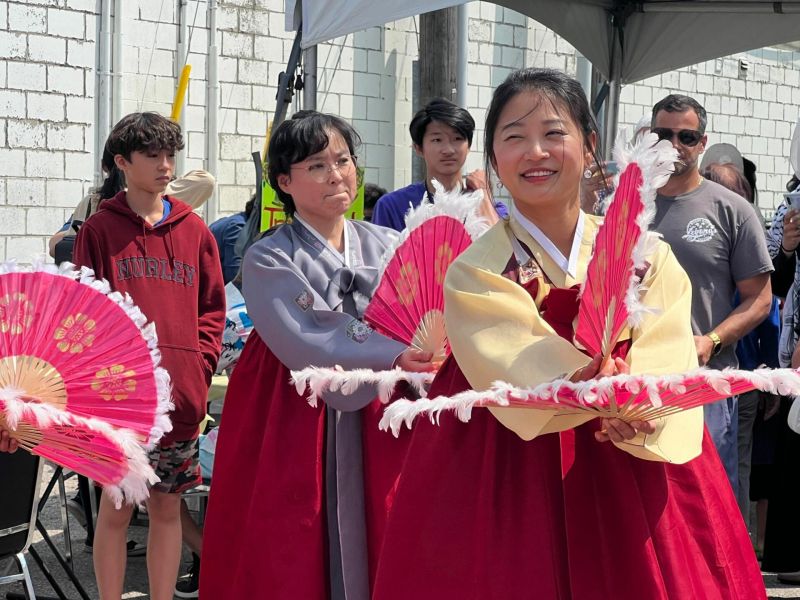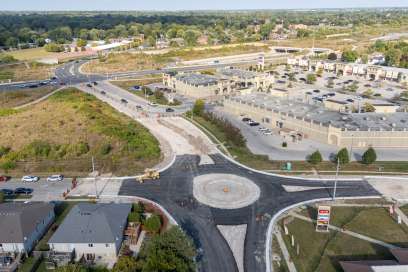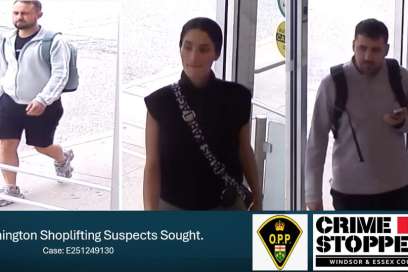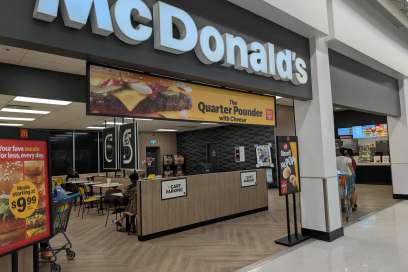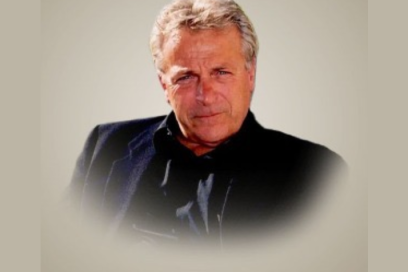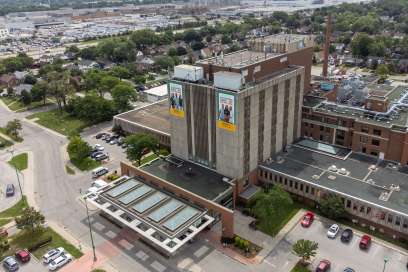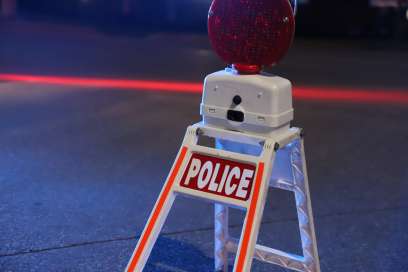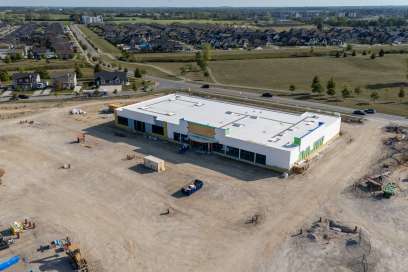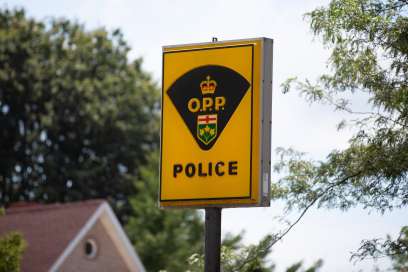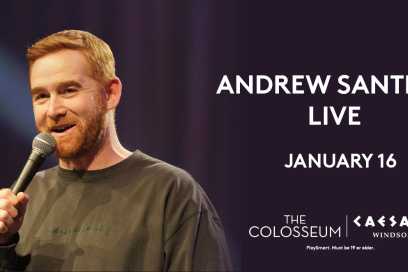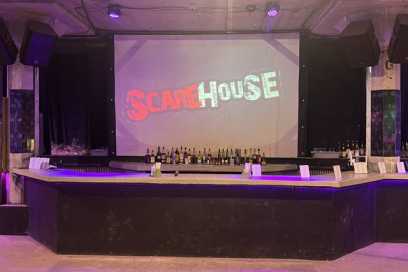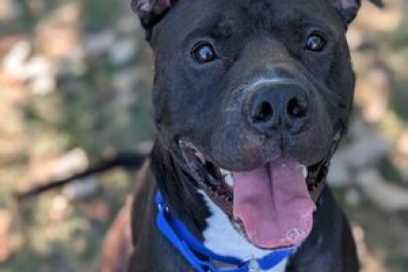Controversial Local Short-Film Furthers Sexual Assault Conversation
Friday June 17th, 2016, 8:17pm
Hello time traveller!!
This article is 3379 days old.
The information listed below is likely outdated and has been preserved for archival purposes.
Borrowing from the headlines, a familiar face is pushing conversation by translating them to film.
With a six-month sentence for convicted California rapist Brock Turner fresh on his mind, director Gavin Michael Booth is on a mission. Using his skills as a film-maker, the Windsor-native is out to prove a point and gain some attention for an important issue.
It was an idea that came to Booth after hearing comments from Turner’s father.
“The real truth of it is my wife Sarah and I were driving to a weekly writer’s group we are part of [in Los Angeles,]” he said. “We were discussing short films revolving around the idea of revenge or revenge for rape in particular. I had just read the response letter convicted rapist Brock Turner’s father had made in regards to his son’s deplorable crime. He has the now infamous phrase ‘it was only 20 minutes of action,’ meaning we should all simply chalk that up to not meaning anything in the grand scheme of a lifetime. I was enraged, as anyone should be reading that. Are we to forgive drunk drivers, people who pull the trigger and nameless other crimes if they take play in party culture, while heavily drinking as long as it takes place in a time frame shorter than a sitcom?”
Instead of letting his anger fester, Booth decided to turn it into something more constructive. What started out as a conversation in the car turned into Just 20, a brutally uncomfortable video depicting the reality of sexual assault.
“I simply said that seeing is believing,” said the director. ” I said I would make a short film that shows just how terrible it would be to watch someone be raped while unconscious. A film in real-time with no edits, a single take 20 minute film. I would attempt to make something I hope people don’t even watch through to the end when they realize no hope is coming. There is no hero; no rescue to be had. Watch that 20 minutes play out and then tell me why anyone is aloud to go in front of the media and make excuses for some rotten piece of s***’s actions.”
As the idea bounced around his head beyond the writing group, Booth knew he had to see it through. Realizing that time was limited, he contacted his friends in the industry. less than a week later, his idea was prepped, filmed and completed in post-production.
This isn’t to say that there weren’t some challenges along the way however. Although the shoot itself went smoothly (finishing up in under two hours and three takes after set dressing and a rehearsal,) other factors needed to be considered as well.
“I sent a “warning” email to my agents and manager,” said Booth. “As I expect half the film’s audience to not understand it or take away the correct message, I assumed correctly that some folks wouldn’t understand the creation of the project from a creative or technical or moral angle. Most was resolved in thought provoking conversations that only help inform the concept and make a better film. It was important for me to be completely transparent with the film’s content.”
Following these conversations, Booth had to get cast and crew to shoot five days after his idea was born. While not the easiest task, his determination made it a reality: Paying for the short-film out of pocket, Booth called in as many favours as possible. All actors, crew or bands providing music contributed by donating their time and resources. Still, plenty of work had to be done before anything was filmed.
Although he wasn’t breaking new ground in capturing uncomfortable-to-watch rape scenes, Booth put a lot of research into the short-film. Not wanting to glorify rape, he drew on psychology, human behaviour, and friends he’s talked to or supported after going through an incident themselves. Watching The Hunting Ground (a documentary about American campuses trying to bury rape cases) also gave the director a sense of urgency.
Being an experimental project with a loose script, Booth collaborated with cast and crew during rehearsals. To his surprise, many people taking part had also been victims of sexual assault as well.
“As I mentioned, my jaw-dropped at the number of people from my cast and crew that told me they had been the victim of sexual assault,” said Booth. “I’m thankful they felt comfortable enough to share their experiences with me. I’m but a stranger to some of the folks I’ve called on for this film, but hearing all of their stories did give me a glimmer of hope that the shame and the guilt survivors have hid behind for years seems to be less and less as time goes on.”
With this in mind, Booth tried creating a story-driven film with as many blurry lines as possible. His main goal was to show that it’s still rape if there isn’t any sort of consent: Whether or not someone is too drunk to talk, it’s still a crime.
This approach also trickled down to Booth’s depiction of the sexual assailant.
“It was important to not make the sexual assailant in this piece be a moustache-twirling, intentional predator, lurking on campus, waiting to pounce his victim from the shadows of an alley,” he said. “I think many people think of rape in that way – the vicious attack, when the reality is that the vast majority of rape is much more likely to occur from someone that the victim knows, is friends or colleagues with etc.”
Keeping this in mind, every aspect of the short-film works towards creating a real-life scenario. From the people to the music and even the party atmosphere, it all shows how a rape can easily go undetected. Even though there were 40-45 actors in the short-film, none of them come to the victim’s aid because they’re either unaware, too intoxicated or self-centred to realize what’s going on.
Stopping before each take, everyone was shocked and disturbed at what they witnessed.
“We would take a break before each take,” said Booth. “The main actors have a lot to put into their roles and this scenario. I know I wasn’t comfortable directing or being in the room when the sexual assault was happening before the camera. It was highly disturbing, which I feel will be ten fold for the audience so that was a positive feeling I was having in terms of what I set out to accomplish. But definitely, yes – it’s beyond uncomfortable, it was disgusting to film at times. One of our cast members that is in the party scene elsewhere was watching a few moments of the finished take when we reviewed it at the end of the shoot and was floored by how hard it hit her. She couldn’t believe the reality that she was in one room dancing, completely unaware of what it looked like and would be like for someone unconscious to only be a room or two away and not be able to stop what was happening to them.”
Despite the ugliness surrounding the short-film’s content, Booth found admiration for people. Calling her a hero, the film-director specifically mentioned Turner’s victim (a 23-year-old who wished to remain anonymous) and her court statement (.pdf file). Saying it was, ” eloquent, sassy, methodically brutal in details and timelines. It exposes anyone without first hand experience of being a victim to the mindset that follows an assault both short term and long term.” He praised her courage and U.S. Vice-President Joe Biden’s response. Booth also believes the letter will be looked upon as inspiration for victims to come forward in the future.
Closer to home, the director had someone working with him who was helping support others as well.
“On our film production we have an actress that coincidentally is involved in a Facebook group with over 13,000 women in California that have been victims of sexual assault,” he said. “They use the group to share their experiences and educate the public at large. I didn’t know social media groups like this existed and that, where they do exist, the number of people coming forward is staggering.”
Generally staying away from politics or religion, Booth instead gravitates towards what moves him . Although they sometimes factor into a story or music video he directs, the film-maker understands the power his work can have for a good cause. Using the Spider-Man motto, “with great power comes great responsibility,” he feels it’s important to use his skills in a constructive way.
Because of this, Booth is not worried about pleasing everyone. He knows that his short-film will upset people (especially over social-media) and is fine with that. He just hopes that people who don’t agree with his intentions can respect them at least.
For those who think Booth shouldn’t have filmed such a horrible act though, the director has this message.
“If you have a hard time watching this or are disgusted by it then maybe you should be more disgusted in real-life and get involved however you can to make a difference,” he said. “Seeing is believing. You read a tragic story in the news… “cop shoots teen against all logic and reason” and you are sad, you are angry. Six months later, if the court releases the dashboard camera footage of the incident it’s a much more visceral experience to SEE what happened than to hear about it or read about it. That is the intention here. Twenty minutes leading up to and including the rape of an innocent person while no rescue is coming should be hard to watch and to stomach. If I make someone think, someone share it, someone speak out against rape, the job is done.”
For those interested in watching it, Just 20 is on youtube — viewer discretion is advised.

